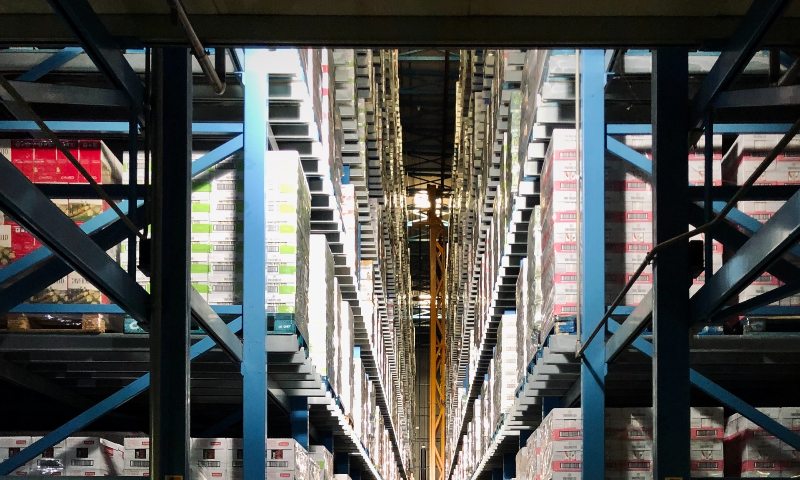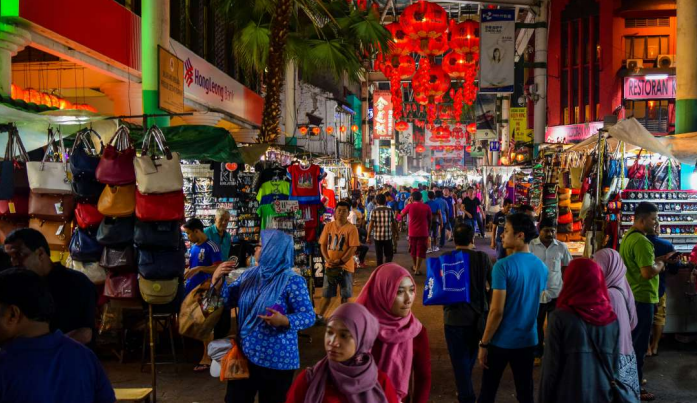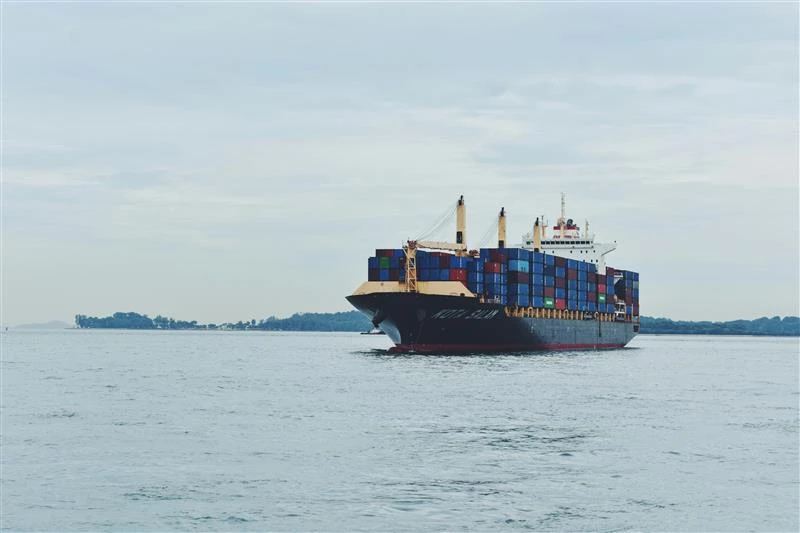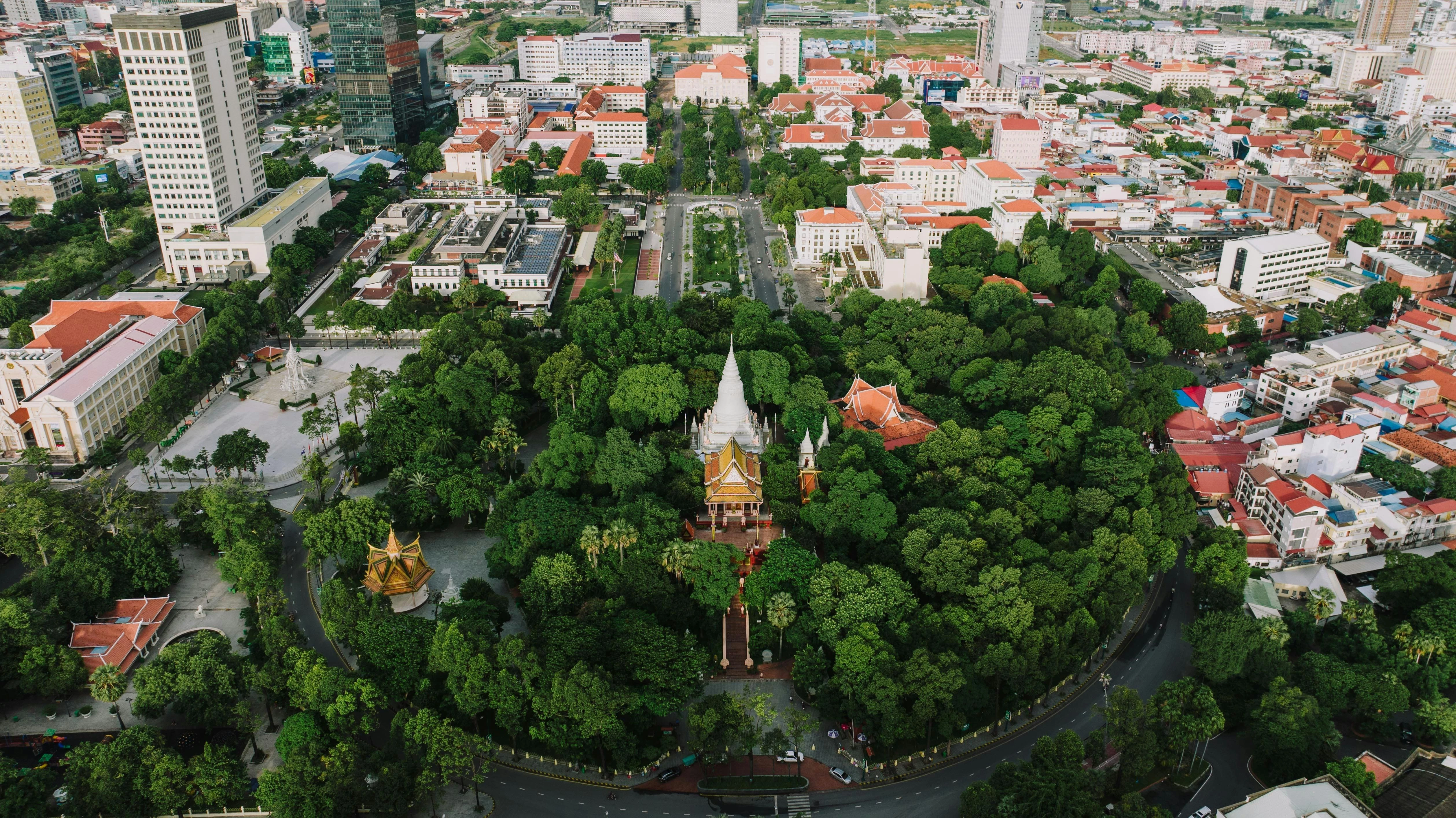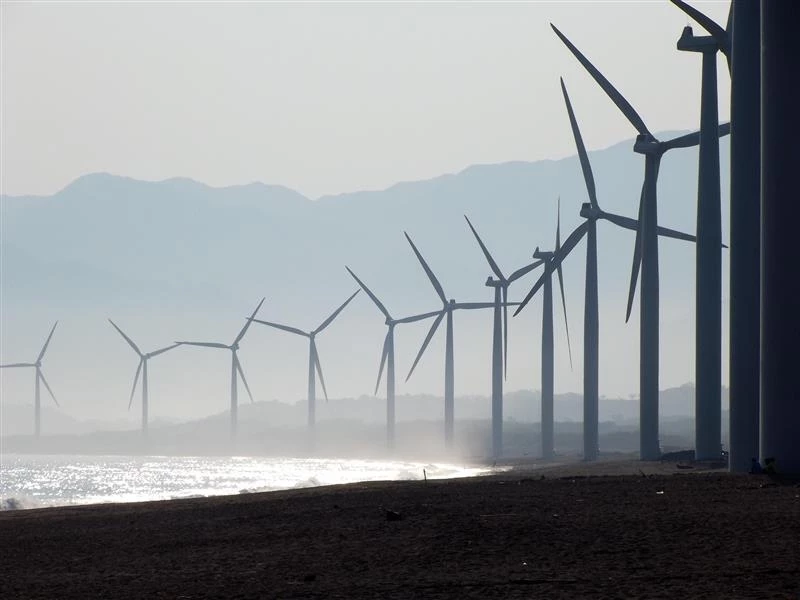With the Philippines facing yet another nationwide lockdown due to a surge in Delta variant cases of COVID-19, both experts and medical workers alike are calling for the national government to expedite its vaccine rollout to help curb the spread of infection. But as more vaccines arrive in the country—including jabs with sub-zero requirements from Pfizer and Moderna—more cold storage facilities are urgently needed to keep up with demand.
The growth of the cold storage industry in the Philippines has been thrust into the spotlight due to the vaccine rollout, but other industries such as food and manufacturing are also part of its steady growth. According to an article in the Manila Bulletin, the industry is expected to grow at least 10% this 2021, with 60% of this capacity in Luzon and 40% in Mindanao. 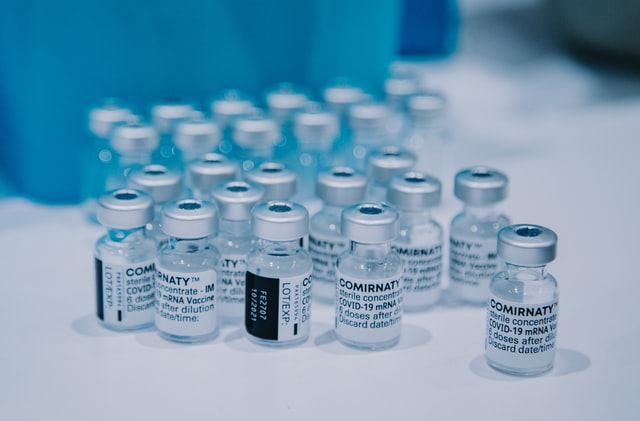
Accelerating Nationwide Vaccination
The country’s Vaccine Czar Carlito Galvez, Jr. recently advised local government units to upgrade their existing cold storage facilities to accommodate the influx of vaccines in the coming months—more than 70 million doses to be distributed across the country. Currently, arriving vaccines are all directed towards a government-contracted storage facility in Marikina City, part of the National Capital Region, before being distributed across local government units. As more vaccines requiring sub-zero temperatures arrive, the demand for cold storage spaces close to local vaccination centers has reached business players who want to invest in this unique opportunity.
Private companies, especially those who have bought their own vaccines for their employees, are also diversifying their assets to include cold storage logistics. Ayala Corporation, one of the country’s largest employers, recently acquired a cold storage business in Laguna province with the priority of storing vaccines. The Cold Chain Association of the Philippines (CCAP) has also offered partnerships with both government and private buyers to help expand cold storage facilities as more vaccines arrive in the country. 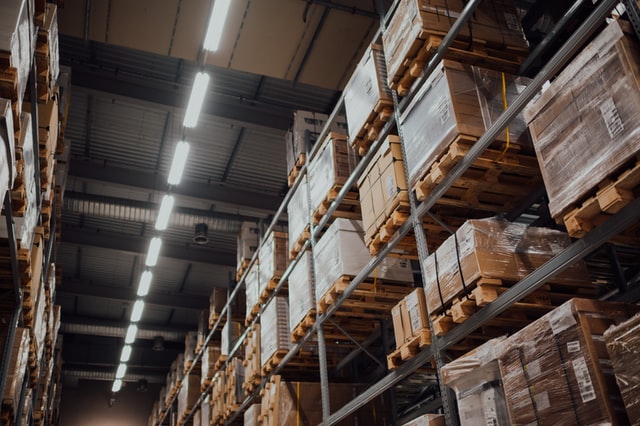
The Role of E-Commerce in Expansion
While the vaccine rollout is driving the expansion of cold storage in the Philippines, industries like Food & Beverage and Agriculture are also expected to play a large role in the sector’s massive growth. The COVID-19 pandemic has shifted consumer behavior towards preferring online shopping, as evidenced by the growth of e-commerce platforms Lazada and Shopee locally. Online grocery delivery became extremely popular with the country’s middle-class families over the past year, and with another lockdown incoming—is expected to become more widespread.
Logistics players are taking note and expanding current cold storage infrastructure to accommodate the boom in demand for fresh produce and meat. As lockdowns have halted the nationwide supply chain, many farmers find themselves with produce that cannot be immediately shipped to larger cities for sale, leading to loss of profit. Investments in cold storage spaces can help remedy this. In fact, experts from the industrial real estate sector told The Philippine Daily Inquirer that cold storage facilities are currently the most stable real estate asset globally, and investors should seize the demand for these facilities and warehouses as soon as possible.
Driving Economic Recovery
YCP Solidiance has heralded both infrastructure and real estate as two of the four main industries that would drive the Philippines’ economic recovery. These industries are now prioritizing long-term business planning and creating sustainable partnerships even in this period of economic slowdown. The cold storage industry, as part of the overall supply chain of majority of the country’s business sectors, will play a huge role in helping propel the Philippines’ economic upturn—and investors and potential business players should take note.
For more stories on the latest business insights in Asia, subscribe to our newsletter here.
